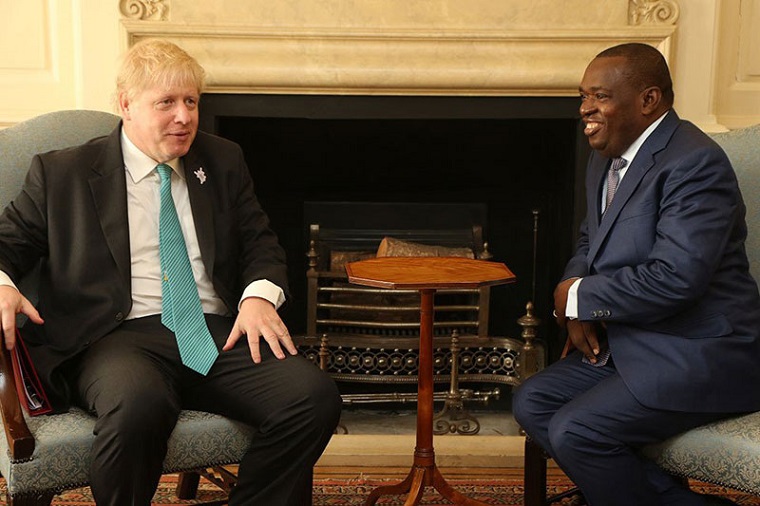Rejoining the Commonwealth has been a key element of the mood music of Zimbabwe’s foreign policy of ‘robust reengagement’ with the international community under President Emmerson Mnangagwa.
At first glance, this seems something of a diversion from the pressing domestic issues facing the new ZANU-PF leadership.
International commentators were quick to point out last November that the parlous state of the Zimbabwean economy demanded massive foreign direct investment and emergency lines of credit to address multi-lateral debt, as well as re-engagement with the Lima Process.
Furthermore, there were issues of rampant corruption, the acute cash shortage, woefully depleted public services, and pressing need for reform in the public sector where civil service salaries consume nearly 90 per cent of state expenditure.
Yet, signs of Zimbabwe’s reengagement rapidly gathered momentum.
In a statement in the House of Commons on 20 November 2017, UK Foreign Secretary Boris Johnson ‘backed [Zimbabwe’s] “fine and noble aspiration” [of re-joining the Commonwealth], but stressed the African nation had much to do to restore its international reputation before it could be welcomed back.’
Scarcely a week later, following on from the then UK Minister for Africa Rory Stewart’s lightning visit to Harare to meet newly-inaugurated President Mnangagwa, the Times of London reported Zimbabwe had opened talks with the UK about ‘rejoining the Commonwealth’.
Intrigued by this seeming unlikely alignment of British foreign policy with the ‘new dispensation’ in Zimbabwe, I visited Harare in mid-January to investigate the level of interest in this issue, and to ask why was renewed membership of this financially-straitened ‘club’, whose relevance is publicly questioned in the British media, deemed such an attractive proposition?
Surely Chinese and other foreign direct investment was of much greater importance?
The responses surprised me, as did the uniformly positive emphasis that I had arrived at an opportune and appropriate time to ask these questions.
Views among ordinary Zimbabweans in Harare ranged from the generic – a wish for access to Commonwealth scholarships and the associated chance to establish lasting professional networks established through student experience at UK universities, participation in the Commonwealth Games, memories of Commonwealth teachers and pen friends (representing being part of a wider world, than Zimbabwe’s current isolated position) – to the specific, most notably a profound hope that the current restrictive UK’s visa regime would be more sympathetic to Zimbabwean visitors if the country was back in the Commonwealth.
Continued next page
(305 VIEWS)
